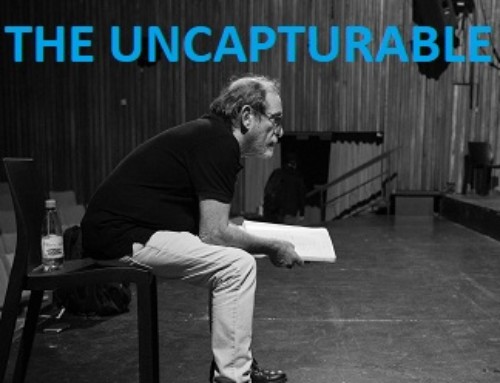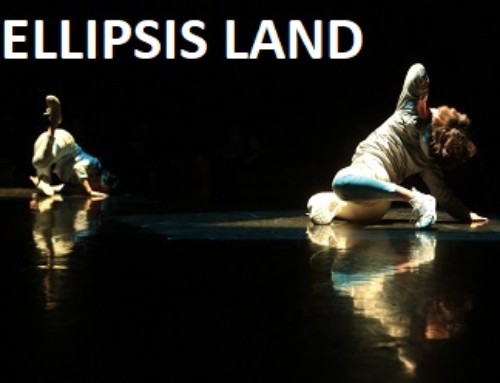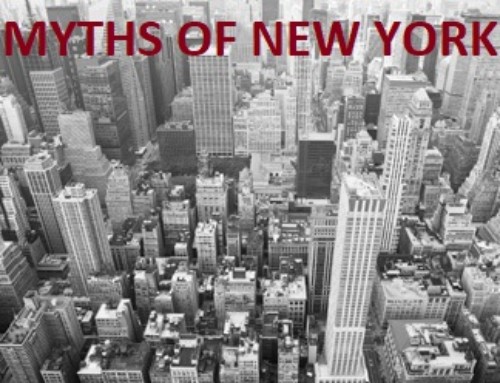An Imaginary History of Europe
Historia fantástica de Europa
by José A. Zorrilla (Spain)
In his 2017 novel, director, writer, translator, columnist and former diplomat José A. Zorrilla imagines the writings of the Mandaringrave von Talas, a member of the Imperial European Council. Terrified at the ideas emerging from the Confederation of American States – a group of nation states in a state of permanent war – he decides to write a history of the Holy Roman Empire and thus to explore the sequences of fortunate events that have led to its present state of peace and stability. His theses: things could have been very different.
In a closing epilogue to the book, Zorrilla himself explores his own reasons, in the 21st Century, for imagining the concerns of the Mandaringrave of history. The persistence of nationalism, fuelled, he argues, by the recent and artificial notions of nationhood and separate peoples, risks the destruction of the European project and by extension of its member statelets themselves. In my translation, this epilogue is now available in English.
When the generation of Marshall, Kennan, Forrestal and other luminaries scrutinised Europe’s economic requests under the Marshall Plan, they realised that these petitions could not be satisfied, at least not in full, unless all of their economies were coordinated, based as they were on the principle, from which we have still not emerged, of ‘one problem, twenty-eight solutions’. Some exemplary Europeans also saw this clearly, and at last the old idea of the apologists for Christianity in the Roman Empire was revived: many kingdoms, many wars; one Empire, perpetual peace. Tools were created to prevent aggression between states: the ECSC and then the EEC. But these tools were additional to the nation states, not a replacement for them. They tackled the effect (and imperfectly at that), but not the cause: the nation state itself. As a result, alongside this already existing construct, the building began of another construct: one of flimsy consistency which has become a considerable administrative and political jumble. Known today as the EU, its birth defects are such that reactionary statists rely on them to delegitimise the entire project.
Read the whole epilogue here.
More information about the book can be found at José’s website, where he can be contacted for more information.
Contact me for more details.
Back to translations.





